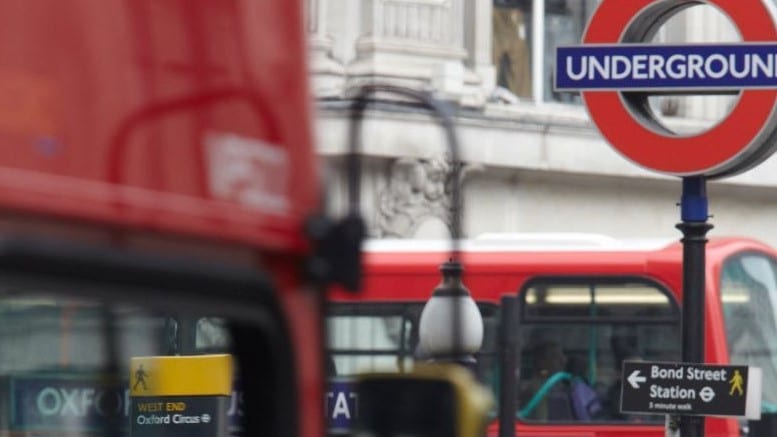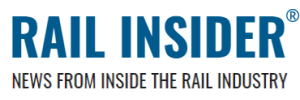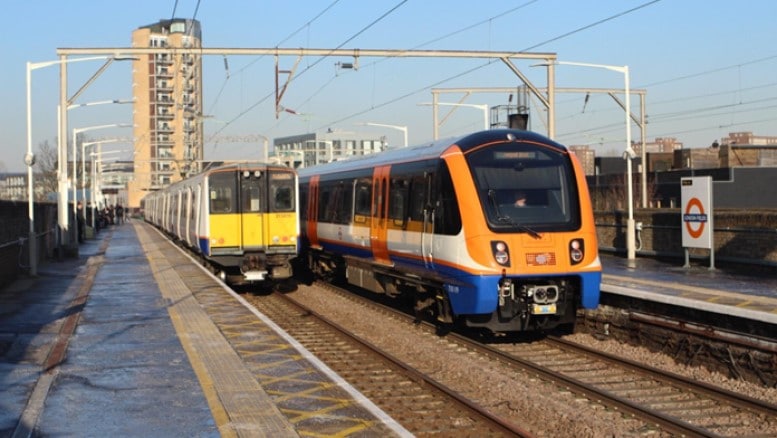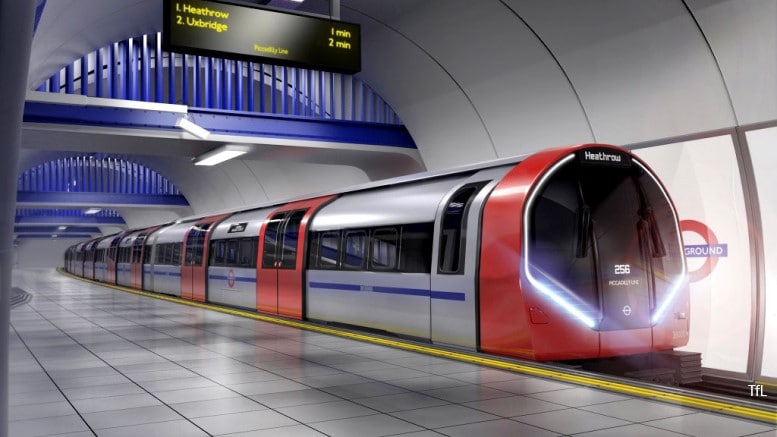
The Secretary of State for Transport is to undertake a rapid review of Transport for London’s current financial situation and the options for strengthening its future sustainability.
This review, which will be led by the Department for Transport with support provided by TfL, external advisors and the DfT’s special representatives to the TfL board, was agreed with the Mayor of London when the government pledged an extraordinary funding and financing package of support for TfL on 14 May 2020.
The review is to be completed by the end of August 2020, so it will be able to inform decision making when the emergency funding and finance package runs out at the end of October. The Mayor and TfL have both been consulted on the terms of reference and will provide views and options into the review, which will report to the Secretary of State for Transport, with oversight from the Prime Minister and the Chancellor of the Exchequer.
The DfT has stated that review will be conducted in three levels, with the number of options and complexity of implementation increasing with the scope and ambition of each level.
Each level will build upon the results of the preceding stages. The review will report with detailed options to the Secretary of State of the choices that could be made to achieve the aims of the review, and the deliverability implications of those choices.
Level 1 will detail TfL’s current financial position. It will include a review of TfL’s current obligations and functions, both statutory and contractual, and a review of the current income streams with commentary on how these have been impacted by the COVID-19 pandemic.
Level 2 will look at various options to strengthen TfL’s financial position over the remainder of the current (2020/21) and next financial year (2021/22). This level will examine the development and assessment of options for short term revenue maximisation and assess the potential for raising more non-fare-based revenue and commercial income, including TfL’s housing development pipeline.
It will also seek to identify opportunities to deliver further short-term efficiencies in relation to operating costs, and review priorities for capital spending, including asset maintenance and enhancement for rolling stock, network infrastructure and the TfL estate.
Level 3, the most complex, will consider fundamental changes that could put TfL in a fully sustainable financial position by the end of the current business plan period (2024/25). These will include both the development and assessment of medium-term options and the identification of potential longer-term options for maximising revenue maximisation. It will do this by assessing the potential for raising additional fare and non-fare based income, including TfL’s housing development pipeline, revenue yield choices over time and changes to road-user charging schemes, as foreshadowed in the Mayor’s Transport Strategy and further measures.
Opportunities to deliver further medium-term efficiencies relating to operating costs will be investigated, including workforce modernisation and the feasibility of extending driverless operation from the DLR to other lines which are already automatic.
TfL’s approach to prioritising capital spending for the remainder of the business plan period will be reviewed to evaluate its long-term sustainability. In particular, plans for asset maintenance, the enhancement of existing and future rolling stock, network infrastructure and the TfL estate will be evaluated.
The current operating model will be examined, to see whether there are any opportunities that alternative operating models could bring over the longer term, including consideration of structures and governance. TfL’s balance sheet and financing structure will also be reviewed, including its financing policy, debt sustainability, cash reserves, rating agency engagement and CapEx vs OpEx choices.
Reaction

The most immediate reaction to the announcement of this review came from the RMT union. It picked up on just two items in the scope – the consideration of TfL’s structure and governance and the feasibility of extending driverless operation from the DLR to other lines which are already automatic.
The union’s senior assistant general secretary Mick Lynch said: “It is utterly disgraceful that the government’s response to the heroic efforts of thousands of key tube workers who are risking their lives to keep London moving during the Covid-19 epidemic is to now threaten tube privatisation and driverless trains.
“This not just a serious threat to safety and services, it is the government using the tube as a political football and engaging in political point scoring in advance of the Mayoral elections.
“Make no mistake, if the government attempt to proceed with these plans, there will be the mother of all battles, including the option of all-out strike action.”





1 Trackback / Pingback